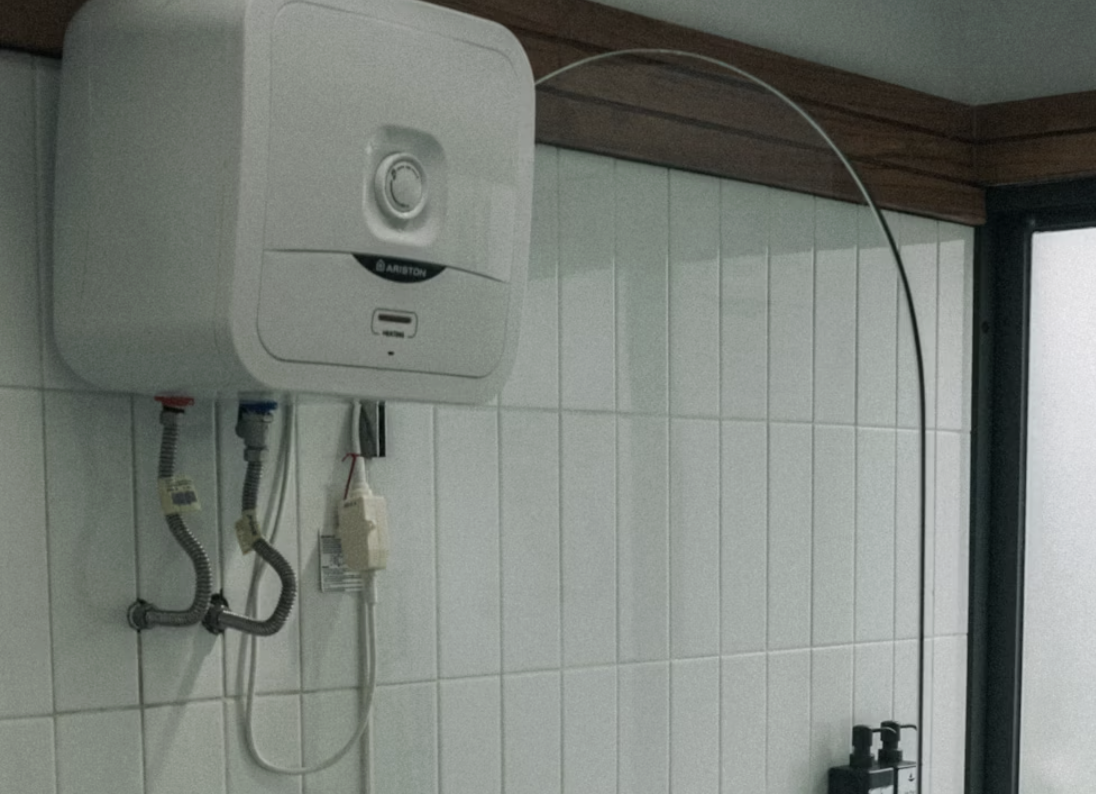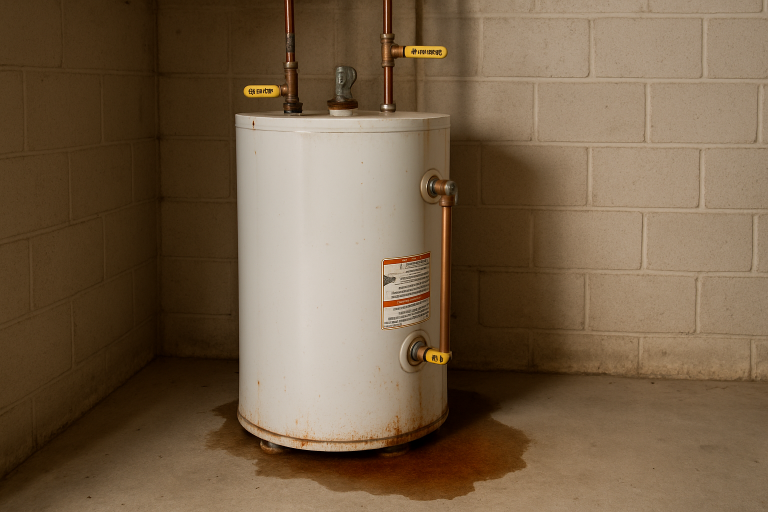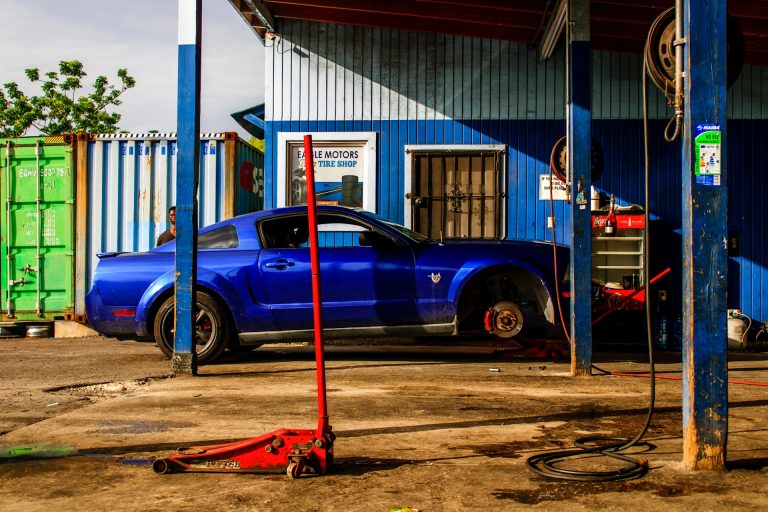When Should You Replace Your Water Heater? Key Signs to Watch For

When Should You Replace Your Water Heater? Key Signs to Watch For
Post Preview
Table of Contents
- Common Warning Signs of Water Heater Issues
- How the Age of Your Water Heater Impacts Performance
- Rising Energy Bills and Water Heater Efficiency
- What Rusty or Discolored Water Means for Your System
- Strange Noises and What They Indicate
- Spotting and Responding to Leaks
- How Much Does Reliability Matter?
- Simple Steps to Decide: Repair or Replace?
- Final Thought
Common Warning Signs of Water Heater Issues
Water heaters are essential, but most homeowners wait until they break down before replacing them. Knowing the early warning signs can prevent stressful emergencies. If you notice your hot water fluctuating unexpectedly, the supply dwindling faster than usual, or it takes longer to get hot water from the faucet, these are red flags.
Ignoring these early symptoms can lead to bigger hassles, including complete hot water loss or damage. It’s always wiser to address unusual behavior right away. For homeowners seeking prompt, reliable solutions, water heater repair Central New Jersey services can tackle the problem before it worsens, ensuring continued comfort and safety for your home. Acting at the first sign of trouble can save you time and money in the long run.
How the Age of Your Water Heater Impacts Performance
For most conventional models, every water heater has a life cycle—typically between 8 and 12 years. As these units age, they become less efficient and more prone to internal damage. An older unit is more susceptible to corrosion, leaks, and catastrophic failure, especially if maintenance has been overlooked. Relying on an aging water heater can compromise efficiency, safety, and peace of mind.
Rising Energy Bills and Water Heater Efficiency
Have you noticed your energy bills creeping upward each month without any noticeable increase in usage? Older water heaters tend to lose efficiency due to sediment buildup inside the tank. This sediment forces the system to work harder, consuming more energy and costing you more utility bills. While regular maintenance and tank flushing can help extend the unit’s life, there comes a point where these measures aren’t enough. Investing in a new, high-efficiency water heater can lead to lasting savings and improved performance.

What Rusty or Discolored Water Means for Your System
Turning on your hot water and seeing orange, brown, or rusty water is a sign you can’t ignore. Discolored hot water almost always points to internal rusting within the water heater tank, a precursor to leaks and potential tank failure. Not only does this compromise your water quality, but it can also pose health concerns and risk damage to household appliances. The presence of rust indicates that replacement should be on your radar before a more destructive problem arises.
Strange Noises and What They Indicate
Your water heater should operate quietly—so if you hear loud popping, rumbling, or crackling noises, it’s typically due to significant sediment accumulation at the tank’s base. As the sediment hardens, it creates a barrier that causes the system to overheat and work overtime. This reduces your unit’s lifespan and can lead to dangerous overheating issues.
Spotting and Responding to Leaks
Even the smallest leak from your water heater should be taken seriously. Leaks frequently indicate a failing tank or significant wear and tear—neither of which is likely to improve with time. If you spot dampness or pooling water near your heater, locate the source immediately. Prompt attention to leaks helps avoid major water damage to your floors, walls, or foundation and reduces the risk of mold growth within your home.
How Much Does Reliability Matter?
Reliable hot water is necessary for everyday life, from showers to laundry and dishwashing. If your system regularly runs out of hot water or can’t meet your household’s simultaneous demands, it’s a clear sign that your heater is struggling. Inconsistent performance is not only an inconvenience but can also indicate deeper issues that may only worsen. Upgrading can restore your family’s comfort and peace of mind.
Simple Steps to Decide: Repair or Replace?
- Assess the age of your water heater. Replacement becomes a wise choice if your unit is approaching or past the 8-12 year range.
- Review your repair history. Frequent repairs point to an end-of-life system and suggest that investing in a new model may save money in the long term.
- Compare costs. Evaluate whether the cost of upcoming repairs rivals or exceeds the expense of a new installation.
- Consider energy savings. Modern units offer superior efficiency, helping you save on monthly utilities and reduce environmental impact.
Final Thought
Paying attention to early warning signs—such as age, efficiency loss, strange noises, and leaks—helps you replace your water heater proactively, avoiding the stress and expense of unexpected failures. For optimal home comfort and to safeguard your property, evaluate your current system’s performance, schedule regular inspections, and act promptly when issues arise. Modern water heaters offer better energy efficiency and increased reliability, setting your home up for years of worry-free hot water.






